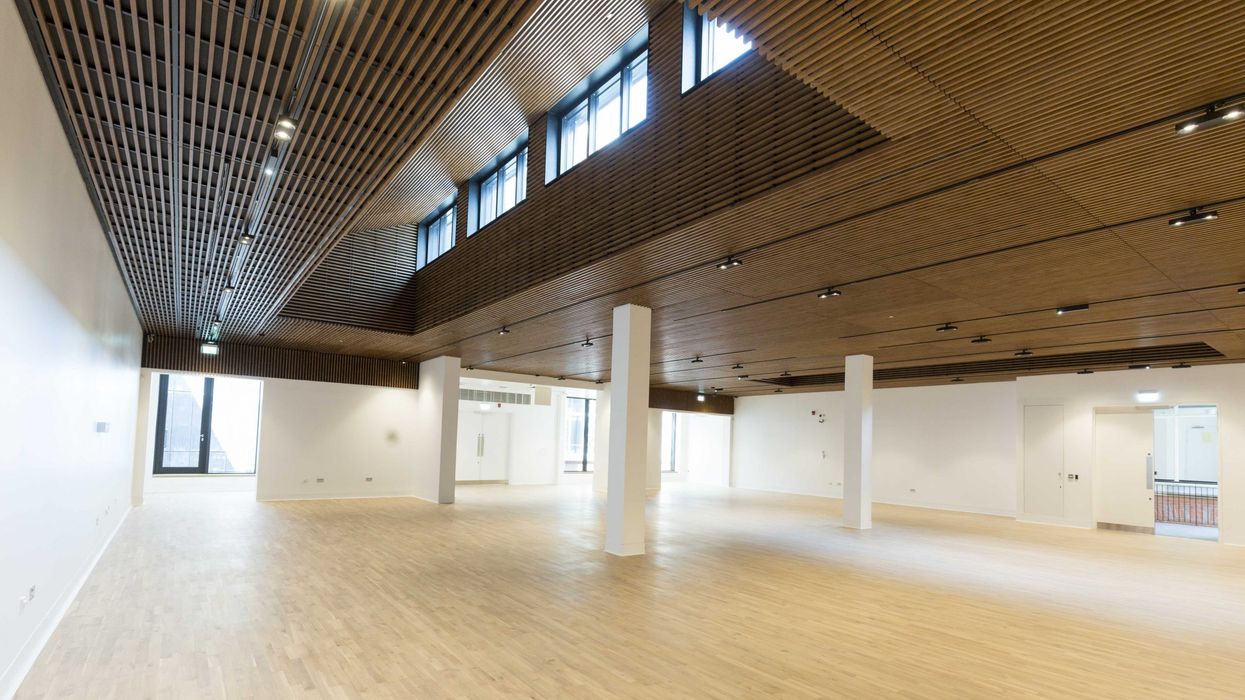MANCHESTER Museum, part of the University of Manchester, has entered the final phase of its transformation project and will be temporarily closed so that the construction work can proceed. First opened in 1980, Manchester Museum is the UK’s largest university museum and has about 4.5 million items from every continent. Over half a million people visit it every year.
Starting from August 29, the museum’s doors will be shut till 2022 end when it is expected to emerge as a museum for the 21st century.
The transformation project worth £13.5 million, called ‘hello future’, will include a two-storey extension and new galleries that will feature a large exhibition hall, Belonging Gallery, the Lee Kai Chinese Culture Gallery and the South Asia Gallery.

The South Asia Gallery, which is a partnership gallery with the British Museum, will be the first ever permanent exhibition space in the UK dedicated to exploring stories, experiences and contributions made by South Asian communities.
The museum is also set to get a new entrance, shop, café and inclusive visitor galleries that will be fully accessible.
The ‘hello project’ is supported by public funding by Arts Council England and The National Lottery Heritage Fund, the University of Manchester and various supporters.
The museum authorities have decided to extend its opening hours till 9 pm local time on August 26 and 27 to allow more visitors to experience the fascinating collections before the temporary closure. Special performances will also be held to mark the occasions and visitors were encouraged to pre-book their tickets.
Esme Ward, the museum’s director, said, “hello future is a hugely important project that aims to build understanding between cultures and create a more sustainable world. Once complete, visitors will experience exhibitions that tell new, powerful stories and engage with big ideas.
“We are excited to have reached the final stage of our transformation and I want to reassure our visitors that although our doors will temporarily close, we are still here for you. Manchester Museum exists beyond a building. Throughout the closure, we will be holding pop-up events and outreach programmes, and our collections are all available to explore online.
“We look forward to opening the doors to hello future in 2022 and welcoming visitors to a bigger, more imaginative and even more inclusive museum.”




